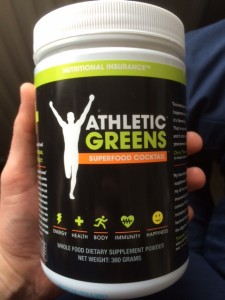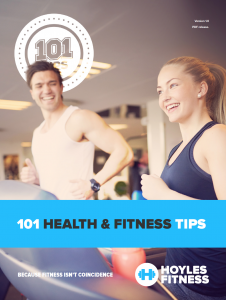Can Resting be Improved?
How Can Resting be Improved? Surely resting is a case of doing, well, nothing?
For most of us, resting is totally passive. It’s just a day off the gym because we’re feeling tired – in some cases it may be supplemented with a poor-quality protein drink.
The physiological reason for resting is to allow adaption by our bodies to exercise. Training signals to the body it needs to make improvements. It needs to grow, to strengthen, to improve aerobic capacity etc. It’s when we’re resting that this process takes place.
I’ve been thinking though, can resting be improved? What if we could make more use of the downtime from the gym? Would we see results faster, prevent injury, improve body composition? Would it benefit my personal training clients more than just taking a couple of days off?
After digging around on the internet, I read this article by Dr Rhonda Patrick on the beneficial effects of sauna use. I used to use saunas regularly, but fell out of the habit because the main gym I train in didn’t have one. They’ve now installed one, so I’ve made a promise to myself to use it weekly.

This week was a perfect testing ground for an improved resting approach.
On Tuesday I had a brutal physiotherapy session with lots of deep tissue work. What this meant was I was suffering from an inflamed back, shoulders and hips from the treatment, meaning movement required to exercise wasn’t happening.
Wednesday was another full day of personal training, plus I ate a heavy meal late at night that sat in my stomach like a brick.
I decided that Thursday was going to be a day of resting and recovery.
My resting plan was two-pronged…
- I was to do a fast, consuming only a double-helping of Athletic Greens, 2-3 litres of water throughout the day and an R5 drink before bed. No food at all – this was to give my over-worked digestive system a day off.
- I was going to have a sauna and cold water plunge session, doing a hot/cold recovery hour.
What happened during my day of resting?
A lot.
I lost 5lbs (water weight – don’t get too excited), had plenty of energy all day and the sauna helped me regain movement after the physiotherapy. I walked into the sauna like an old man, I walked out with movement that had improved dramatically. That improvement wasn’t temporary either – it stayed with me all day and I woke up feeling fresh today.
When it came to fasting, I didn’t really feel hungry – it was transient and would come and go in waves. If was hungry, I kept myself busy and it went away within a few minutes. Drinking plenty of water helped.
I was drinking my Athletic Greens throughout the morning and had 2 litres of water with me in the sauna. In hindsight, I should have had my R5 earlier than just before bed to get the nutritional benefit earlier on.
Overall though, I felt great – full of energy, not hungry, my movement improved and I felt energised and ready for a good training session in the gym the following day.
A few take home points…
- A day of digestive rest is a good thing, especially if your digestive system has been given a tough job dealing with a few days of crappy food.
- Don’t fast if you’re training. Only fast on a rest day.
- Stay hydrated in the sauna. Hopefully you won’t need reminding of this.
- The weight loss is largely water – your body removes water as it’s glycogen stores are reduced through fasting.
- Don’t use a fast as a long term weight-loss tool. It’s a temporary measure. I was doing it to give my system a break – not to lose weight.
- Eat normally at the end of the fast – if you go straight into high calorie, processed foods, you’ve undone your work. Stick to healthy choices.
- Keep your fasting to a minimum – I’ll do it once per month.
- It’s fine to keep busy during your fast – I walked a lot, but don’t do anything too strenuous. Remember you are resting and recovering.
Improved Resting Conclusions
The biggest revelation was the sauna – I’m definitely doing at least a weekly session now, maybe even 2-3 if I have the time.
The fasting was good, but it’s not sustainable to do it too often. I’ll aim for once per month.
The supplements made it easier, plus I felt they helped by ensuring I was still getting my vitamins and minerals despite not eating food. I wouldn’t do it without the supplements.
I’m going to experiment more with improving my resting and recovery because I think it’s a massively under-appreciated area of fitness and as ever, I’ll report back with my findings!
By the way, Athletic Greens are running a promo. I’ve written about them before being my favourite all round supplement and I take it daily. If you’re interested in seeing their offers, check out this link…




4 thoughts on “Can Resting be Improved?”